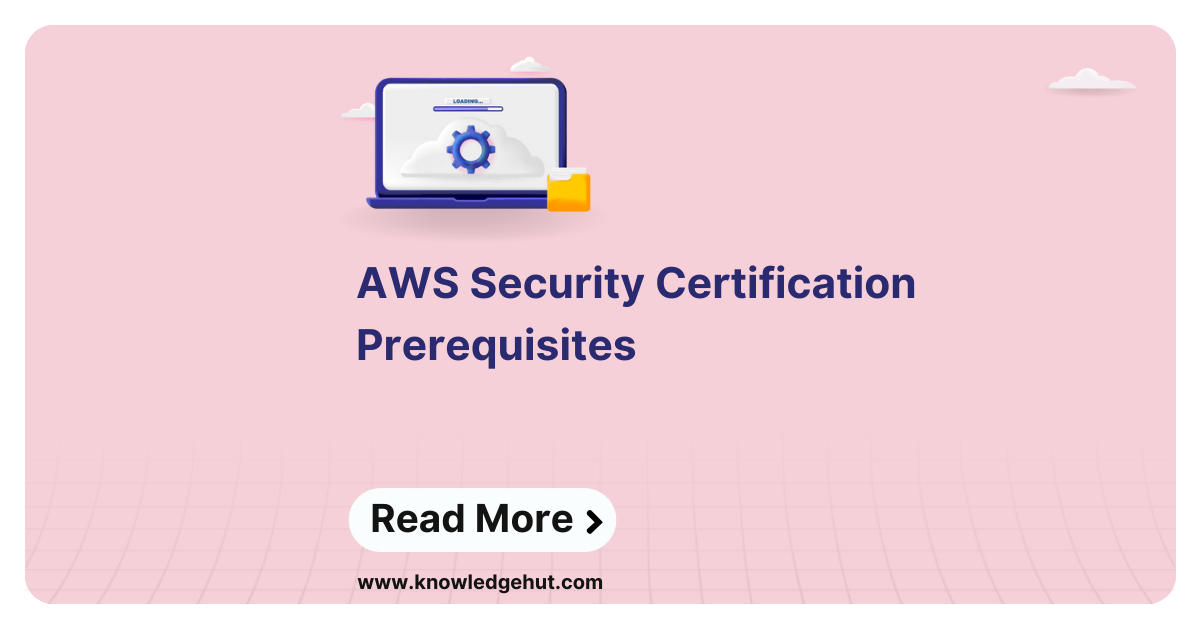As I embarked on my journey to obtain an AWS security certification, I quickly realized that meeting the prerequisites was essential to ensure a strong foundation. One of the key prerequisites that stood out to me was the need for a relevant Computing certification.
In this article, I will delve into the significance of the prerequisite for AWS security certification requirement, its role in preparing for AWS security certification, and how it ultimately bolsters one’s competence in securing cloud environments. Join me as we explore the essential steps on the path to becoming an AWS security expert.
What is AWS Security Certification?
AWS Security Certification is a validation of my expertise in securing applications and data on the Amazon Web Services (AWS) platform. It encompasses a range of certifications like AWS Certified Security – Specialty and AWS Certified DevOps Engineer – Professional, focusing on security best practices, risk management, and compliance in AWS environments.
Achieving these certifications demonstrates my ability to safeguard AWS resources, implement encryption, manage access controls, and monitor security threats effectively. It not only enhances my career prospects but also ensures that I can design and maintain secure AWS solutions, safeguarding data and ensuring the confidentiality, integrity, and availability of services.
AWS
What are AWS Security Certification Prerequisites?
To pursue AWS security certifications, one must fulfill certain prerequisites. Having recently embarked on this journey myself, I can share the detailed requirements and steps involved:
- IT Security Experience (Minimum 5 years): Firstly, a candidate should have strong foundational knowledge of IT security. This includes security principles, risk management, compliance, and threat detection. This experience helps establish a solid understanding of security concepts, which is vital for AWS security certifications.
- Hands-on AWS Security Experience (Minimum 2 years): In addition to general IT security expertise, at least two years of practical experience securing AWS workloads is necessary. This hands-on experience involves implementing security controls, configuring AWS services securely, and responding to security incidents within the AWS environment. This practical knowledge forms the core of AWS security certification exams.
- Enrollment in a Training Class: Enrolling in an official AWS security training class is highly recommended. These courses are designed to cover the exam objectives comprehensively. They include hands-on labs, instructor-led sessions, and access to AWS resources, enhancing your readiness for the exams.
- Gathering Exam and Study Guides: To excel in AWS security certification, it is crucial to gather all available exam guides, study materials, and resources. AWS provides official study guides, whitepapers, and documentation that align with the certification exam domains. These resources serve as your roadmap for exam preparation.
- Dedicated Practice: Regular practice is key to mastering AWS security. Utilize AWS’s Free Tier to set up test environments, implement security configurations, and experiment with various AWS services. This hands-on practice solidifies your skills and understanding.
- Understanding Big Data Services Security: If you are pursuing advanced certifications like the AWS Certified Security – Specialty, ensure you understand how to secure big data services on AWS. This includes knowledge of securing data lakes, analytics services, and real-time data processing with AWS security best practices.
- AWS Security Exam Structure: Familiarize yourself with the exam structure. Understand the number of questions, the time allocated, and the passing score required for your chosen certification. AWS offers sample questions and practice exams to help you get accustomed to the format.
Who Should Take the AWS Security Certification Exam?
I believe anyone interested in enhancing their expertise in AWS security should consider taking the AWS Cloud Practitioner certification exam. Whether you’re an IT professional, a developer, or a system administrator, this certification can be immensely beneficial. It is particularly valuable if you’ve already earned the AWS Cloud Practitioner Certification, as it builds on that foundational knowledge.
By taking the AWS Security Certification exam, you’ll deepen your understanding of AWS security best practices, which is crucial in today’s cloud-centric world. Plus, it demonstrates your commitment to securing cloud environments, making you a valuable asset to any organization using AWS services.
What Does it Take to Earn AWS Security Certification?
Earning an AWS Security Certification demands a strong commitment to mastering cloud security principles. It requires comprehensive knowledge of AWS services, identity and access management, encryption, and compliance. Hands-on experience with security tools and practices is crucial. The journey involves rigorous preparation, including study guides, practice exams, and practical exercises.
Continuous learning is key as AWS security speciality prerequisites evolve. It takes dedication, persistence, and a deep understanding of AWS security best practices to succeed. KnowledgeHut Computing certification program equips candidates with the expertise needed to secure cloud environments effectively.
Conclusion
In summary, embarking on the path to becoming an AWS-certified security specialist is a rewarding journey, but it’s crucial to recognize the prerequisites that serve as the foundation for this achievement. My experience taught me that a solid foundation in AWS fundamentals, a good grasp of security concepts, and practical hands-on experience are prerequisites not to be underestimated.
Building upon these prerequisites allowed me to navigate the complex world of AWS security confidently. As I earned my certification, I realized that these prerequisites were not just stepping stones but the very pillars upon which my expertise in AWS security now stands.
Follow www.knowledgehut.com
